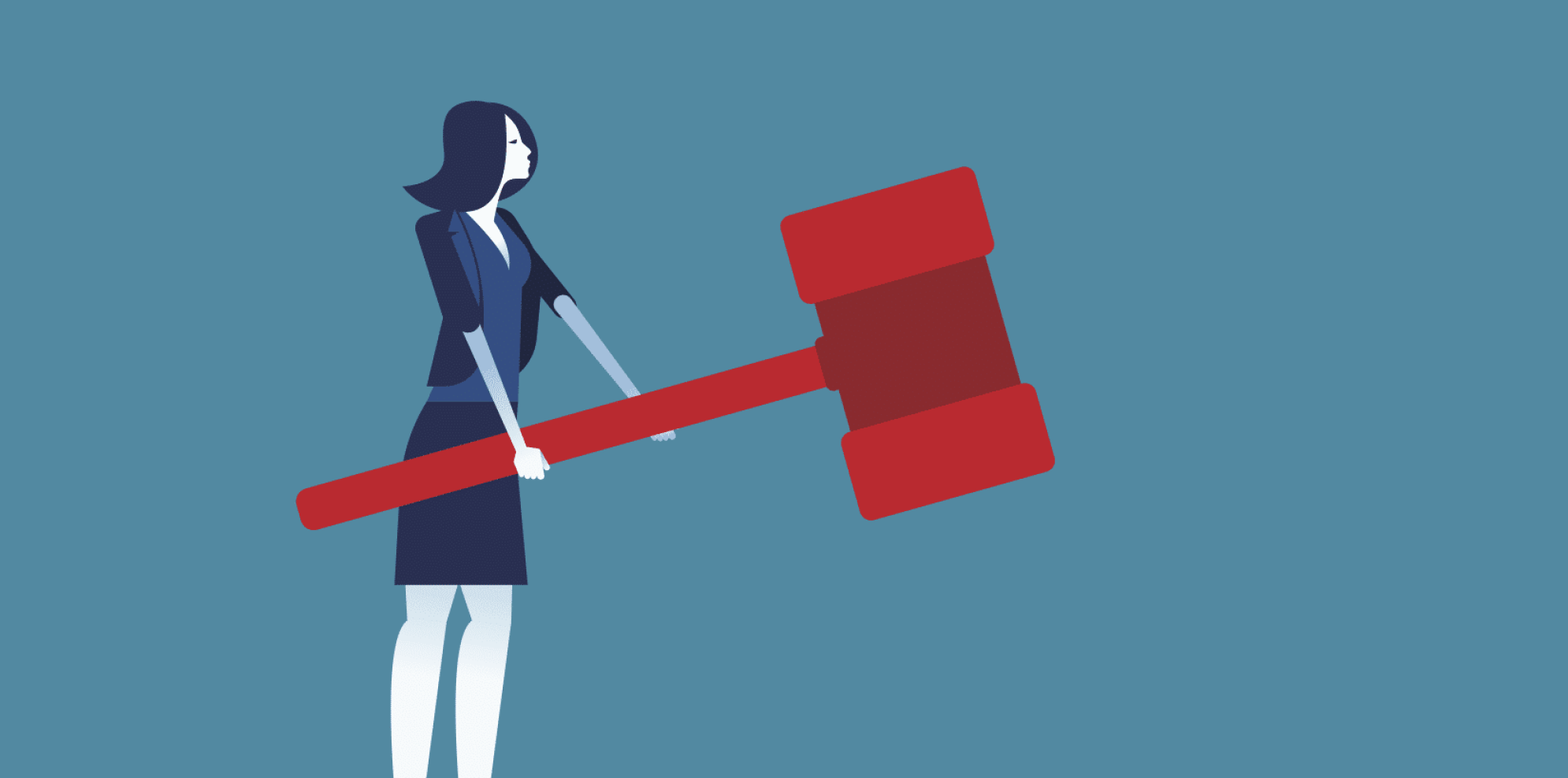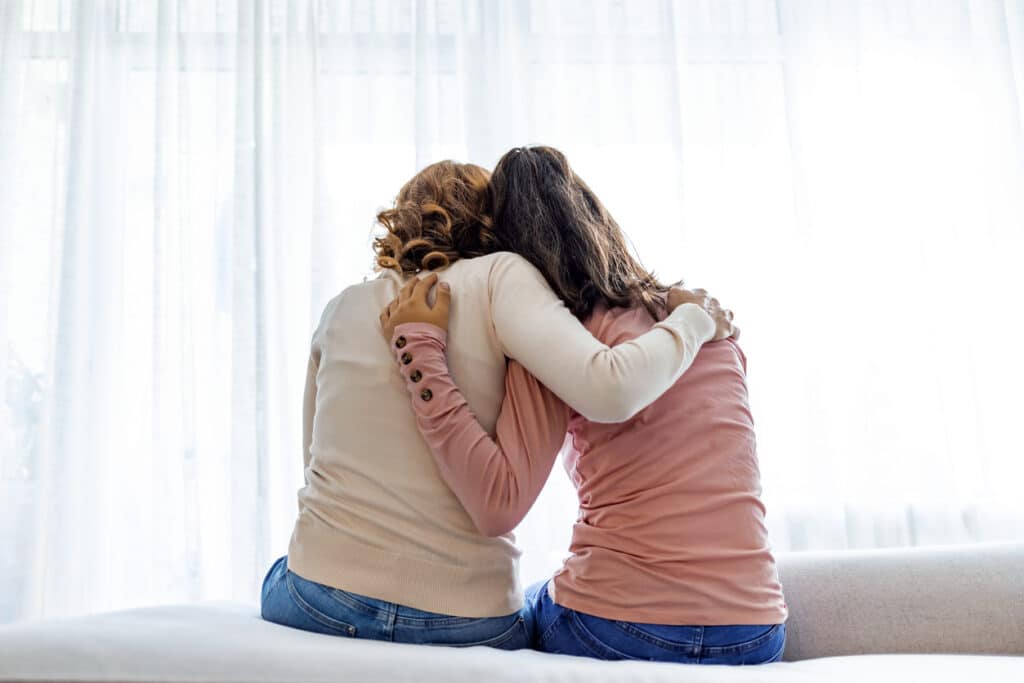Thanks to the legal battles fought by feminists, certain acts that were once accepted in Canadian society – or at least tolerated – are now widely recognized as contrary to law, including marital rape, sexual harassment, and the unfair apprehension of Indigenous children. While these legal victories have been significant, without access to justice – or recourse to the legal system to enforce these rights in individual cases – the apparent gains in gender equality rights will ring hollow.
LEAF has acted to secure and deepen access to justice for women and girls across issues and legal arenas, for instance:
- In the family law context, we argued that the state’s failure to pay for legal representation for parents in temporary wardship cases is unconstitutional and a failure to provide access to justice for the poor;
- Bringing constitutional challenges is spectacularly expensive. In Caron v. Alberta, we argued that public interest groups who are bringing lawsuits to advance the rights of marginalized and minority groups should be granted funds from the parties they are suing in order to fund their lawsuits;
- The make-up of a jury matters. In 2014, we argued that the systematic exclusion of Indigenous on-reserve residents from the jury roll in Ontario is discriminatory.
LEAF will continue to fight to ensure access to justice for women and gender diverse people.


